Established in 2012 by filmmakers Ritu Sarin and Tenzing Sonam, the Dharamshala International Film Festival (DIFF) serves as a beacon of cinematic diversity and cultural inclusivity in the picture perfect town of Dharamshala. Born from the vision of creating a non-partisan public space, DIFF unites the town’s eclectic community through the universal language of cinema. The festival brings together an array of contemporary Indian and international independent films, blending feature narratives, documentaries, shorts, animation, experimental pieces, and children’s cinema.
Known for its innovative programming and welcoming atmosphere, DIFF has grown to become one of India’s cherished film festivals. This year, we had the pleasure of speaking with festival directors Ritu Sarin and Tenzing Sonam to gain insight into the forthcoming edition. Excerpts:
With the abundance of online content, why does the experience of attending a film festival like DIFF remain relevant and unparalleled?
There is no substitute for watching films in a cinema theatre. The magic of film can only truly be experienced within a darkened auditorium in the company of other film lovers.This is further enhanced if, as is common at DIFF, the director is present in person to introduce the film and take questions. For indie filmmakers, getting a wider platform to showcase their films is increasingly challenging. Film festivals like DIFF are often the only opportunity to bring their films to an audience and therefore are critical in supporting their work.
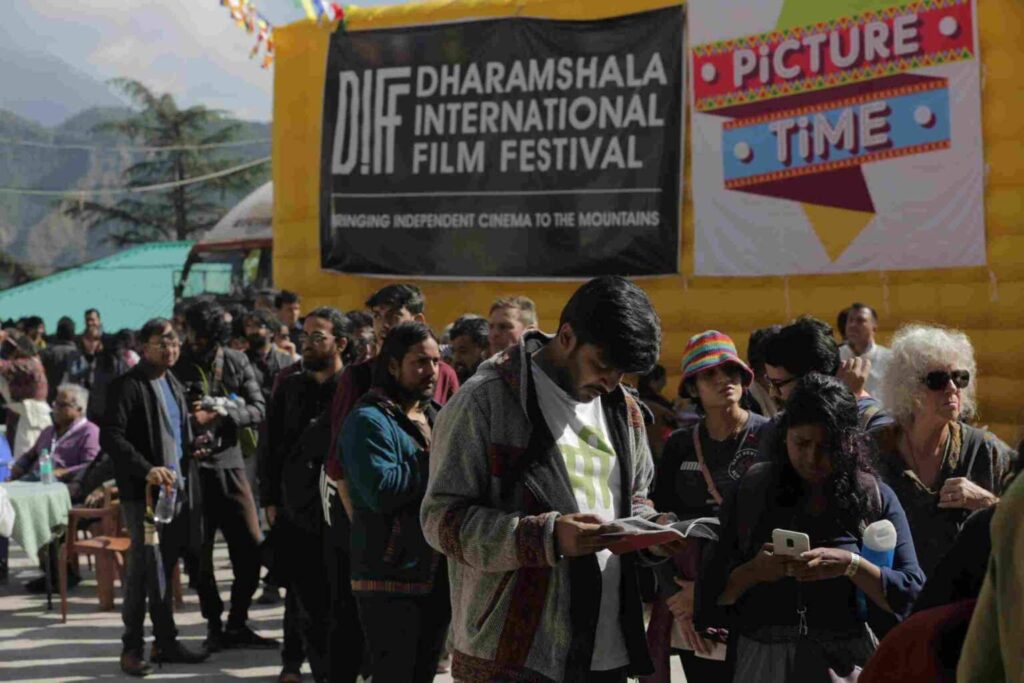
In the case of DIFF, it’s also held in McLeod Ganj, a location that carries its own profound cultural significance. Attending this festival means enjoying independent cinema in the breathtaking embrace of the Dhauladhar mountains. The region is a veritable melting pot of various cultures, which is evident not only in its picturesque landscapes but also in the vibrant culinary scene and the warm, diverse people who call it home.
Could you share an anecdote about a film that was almost overlooked but turned out to be a hidden gem?
This is not about a film that was almost overlooked but it’s still worth sharing this story. Last year, we had the Indian premiere of the Pakistani film, Joyland, by Saim Sadiq. We were not sure if we would get the censor exemption to show the film but we did get it. The auditorium was jam-packed; we had to put mattresses in the front of the hall to accommodate the overflow. At the end of the film, there was stunned silence, and then a huge, sustained applause. People were sobbing and weeping. We’ve never seen anything like that before. The word spread about the film and we had so much demand to rescreen the film that we did a second screening, which was also completely full. If there was any need to demonstrate the power of cinema to cut across divides and unite people then this was a shining example.
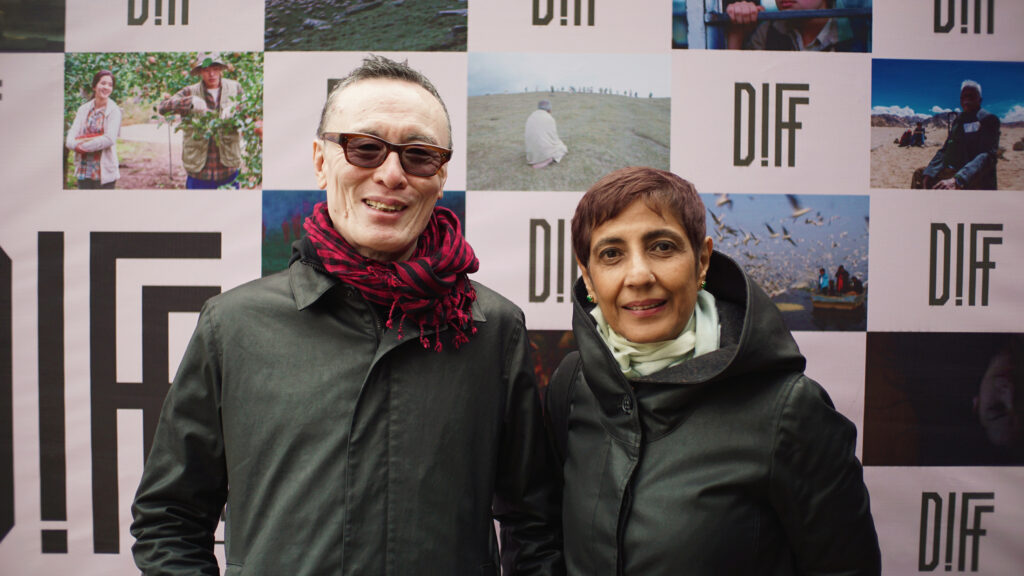
In a digital streaming era with easy content access, how does DIFF curate its lineup to maintain its unique and essential appeal for cinephiles?
Many of the films that are screened at DIFF are not available on streaming platforms, either because they are too new, or because they are too alternative. Often, a festival like DIFF is the only opportunity for cinephiles to catch such films. The festival also screens exclusive premieres, offering a first look at highly anticipated films. The fact that one of DIFF’s priorities has always been to invite filmmakers to present their films and interact with the audience in intimate and informal surroundings, is a huge attraction.
Could you share your go-to film festival snack or tradition that you can’t do without during DIFF?
Absolutely! DIFF’s pop-up cultural mela includes food stalls run by local entrepreneurs that include everything from the perfect cappuccino and carrot cake to mouth-watering momos. While the range of food on offer is diverse and of high quality, momos surely are everyone’s favorite snack. There’s something about being in the mountains, surrounded by Tibetan culture, that makes momos the perfect complement to movies!
For a first-time visitor to DIFF, what tips and tricks would you offer to make the most of their experience at the festival?
Come with an open mind, ready to explore the diverse range of films and perspectives on offer. There’s always something to discover that you didn’t anticipate. Don’t forget to relish the stunning mountain surroundings by taking leisurely walks through the venue, ensuring you wear comfortable shoes for strolling. Dharamshala’s weather can get chilly, so pack winter essentials like warm clothing and moisturizing lotions to stay comfortable. Thermal underwear can make the difference between freezing in your seat and staying warm and toasty! Grab a copy of the DIFF catalogue; it’s your trusty guide to the festival’s film offerings, helping you plan your schedule and make the most of your film-watching experience. Finally, embrace the sense of community by connecting with fellow cinephiles, attending Q&A sessions, and engaging with filmmakers and other attendees. DIFF is not just about films; it’s a celebration of cinema, culture, and camaraderie in a unique and breathtaking setting.
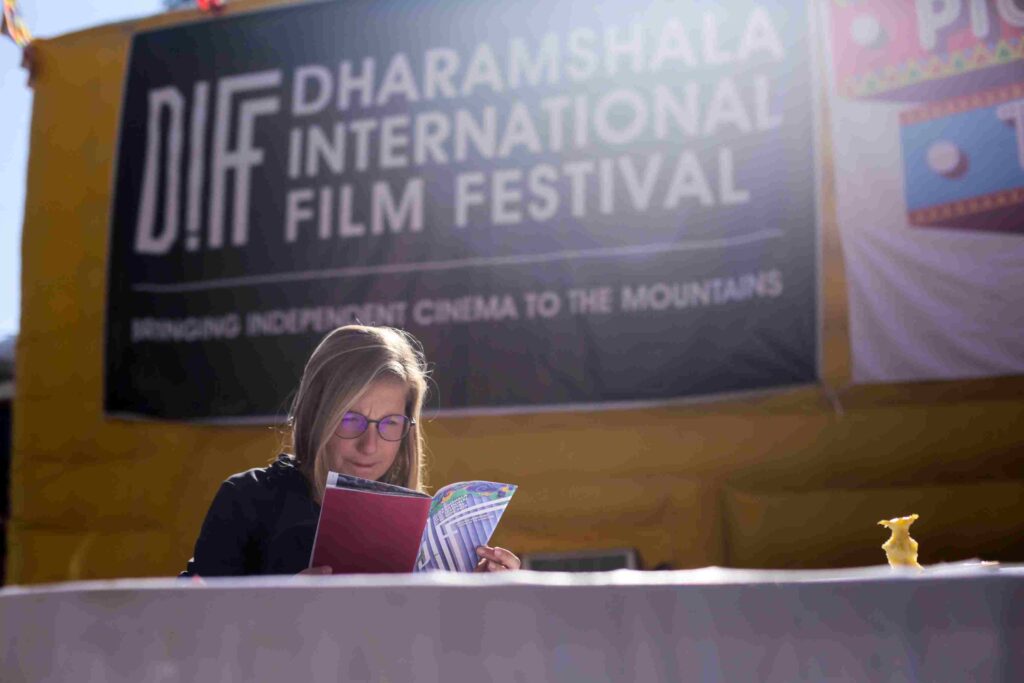
What are some of the highlights of this year’s edition of DIFF?
Over the years, the Dharamshala International Film Festival (DIFF) has experienced a surge in popularity, necessitating the selection of a larger venue to accommodate our growing audience. For our upcoming edition, we’ve chosen the Tibetan Children’s Village in Upper Dharamshala as our festival’s primary location. We had earlier held DIFF here in 2016, 2017 and 2018. This venue offers us the exciting opportunity to expand to four screening auditoriums, enhancing the festival experience for our attendees. Our choice of the Tibetan Children’s Village also carries a profound historical and cultural significance. It underscores the deep connection that DIFF has with the rich heritage and cultural diversity of the region. As alway, we have a dedicated section of children’s films, aiming to engage and entertain our younger audience members.
Varun Grover’s debut feature, All India Rank, is the Opening Night film while Devashish Makhija’s Joram is the Closing Night film. Both directors will attend the festival and present their films.
This year we have 92 films from 40+ countries, including 31 feature narratives, 21 feature documentaries, and 40 short films. Many of these are World, Asia and India premieres.Celebrated Tamil filmmaker Pa. Ranjith and Academy Award-winning producer Guneet Monga will headline engaging discussions and masterclasses, offering a unique opportunity for attendees to gain insights into the world of cinema.In memory of Navroze Contractor, cinematographer and a key figure in Indian cinema, the festival will hold a special screening of one of the many films he shot – Deepa Dhanraj’s Something Like a War. The renowned Malayalam film, Kummatty, by Govindan Aravindan, meticulously restored by The Film Foundation’s World Cinema Project, Film Heritage Foundation, and Cineteca di Bologna, will also be screened at the festival.
For more articles on festivals in India, check out our Read section of this website.
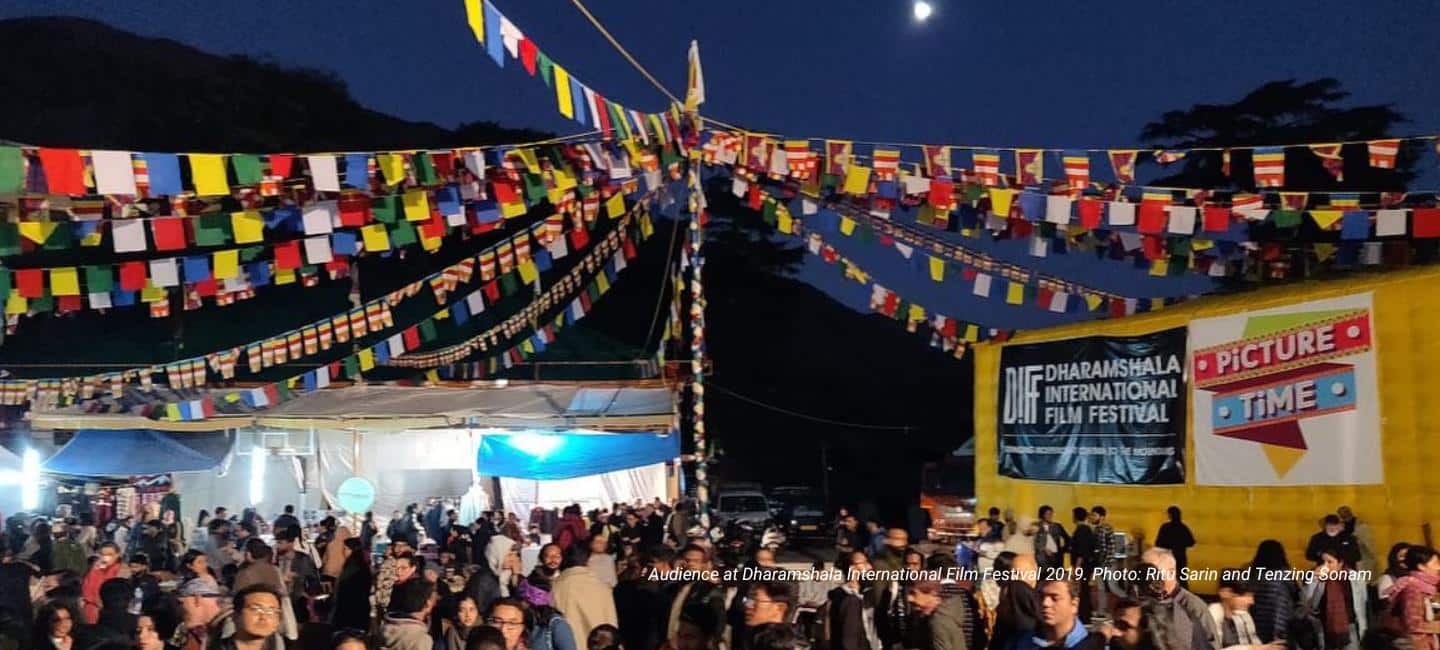
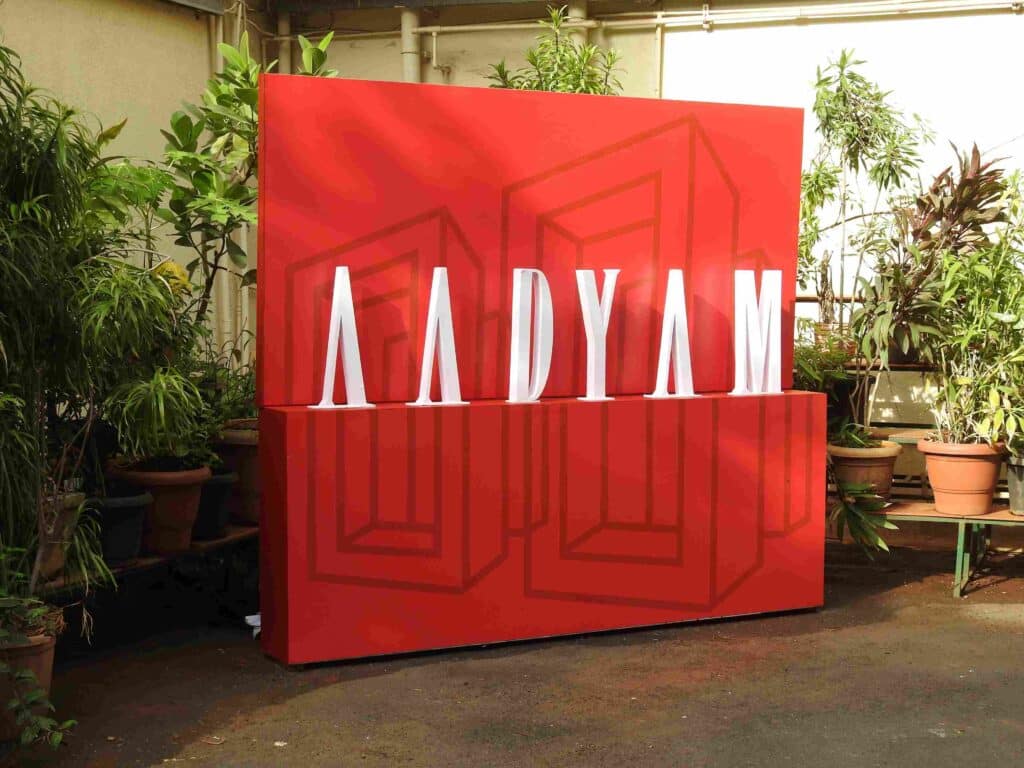
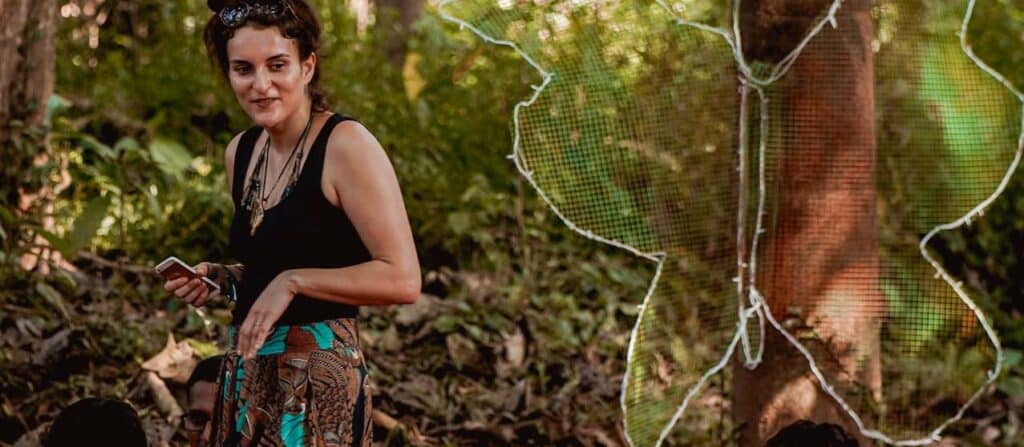

Share on